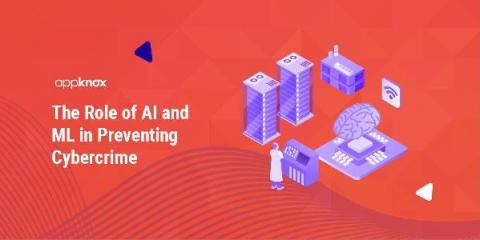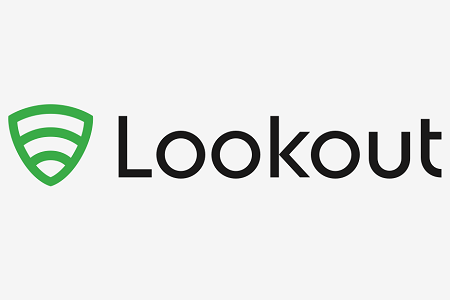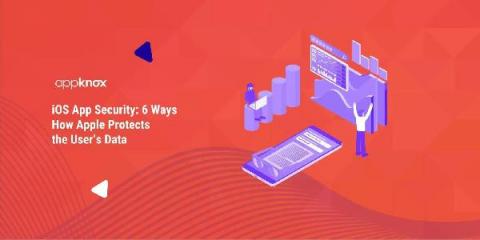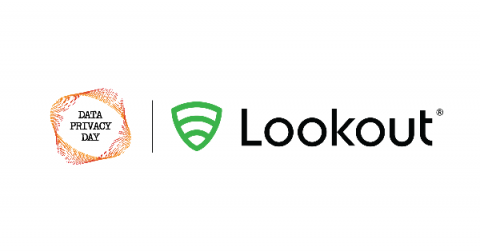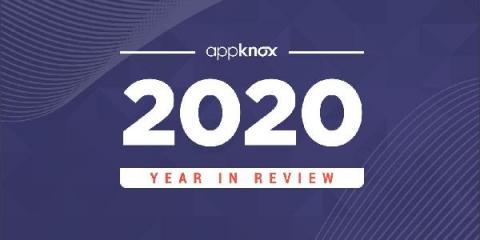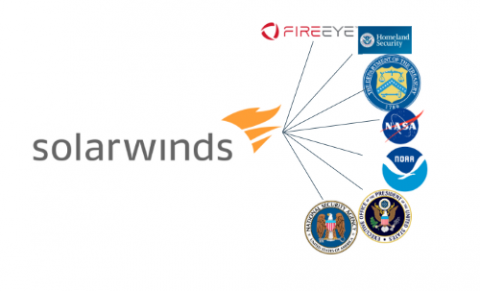The Role of AI and ML in Preventing Cybercrime
According to a seminal Clark School study, a hacker attacks a computer with internet access every 39 seconds. What’s more, almost a third of all Americans have been harmed by a hacker at one point or another, and more than two-thirds of companies have been victims of web-based attacks. A 2020 IBM study showed that the total cost of data breaches worldwide amounted to $3.9 million, which just may sound the death knell for many businesses affected by breaches.


